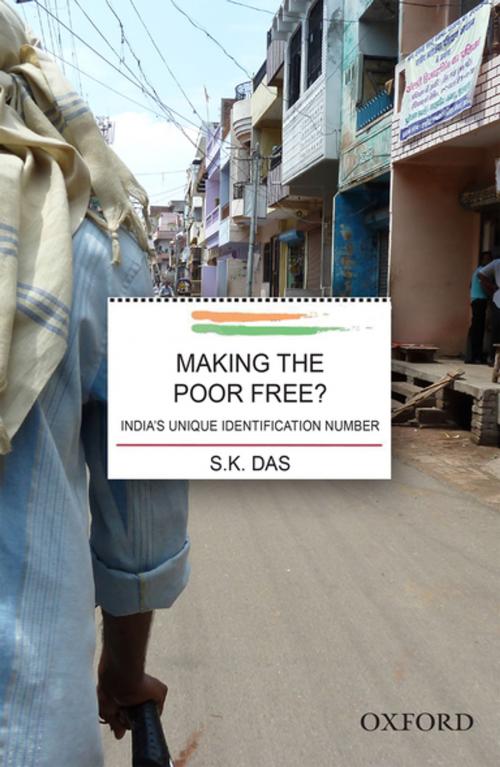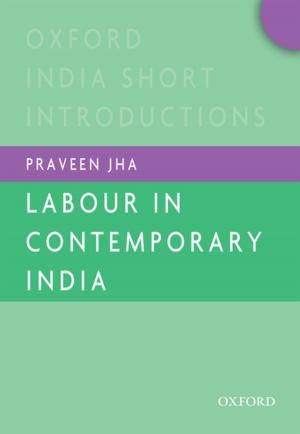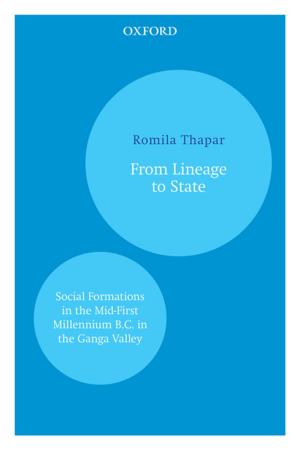Making the Poor Free?
India’s Unique Identification Number
Nonfiction, Social & Cultural Studies, Political Science, Politics, Social Services & Welfare, Government, Social Policy| Author: | S.K. Das | ISBN: | 9780199089512 |
| Publisher: | OUP India | Publication: | October 1, 2015 |
| Imprint: | OUP India | Language: | English |
| Author: | S.K. Das |
| ISBN: | 9780199089512 |
| Publisher: | OUP India |
| Publication: | October 1, 2015 |
| Imprint: | OUP India |
| Language: | English |
While handing over the first set of 12-digit unique identification numbers to ten tribal families of Tembhli, a dusty village tucked away in a far corner of Maharashtra, the then Prime Minister Manmohan Singh said, 'UID will help hundreds of people in India, whose pride was hurt for so many years because of the lack of an identity. This will be their source of recognition from now on'. The Aadhaar scheme, since its inception, has been operating without parliamentary approval and, thus, the Supreme Court of India held that Aadhaar cannot be made mandatory for availing public services in India. This book, therefore, is an attempt to understand how Aadhaar will make India's poor free. Fifteen chapters describe the evolution of different schemes of the Indian government that have sought to provide identification, enrolment to and functioning of Aadhaar, and the legal framework involved in the process. This book is an in-depth analysis of this unique and controversial programme in India. Das maintains that while the Aadhaar programme's contribution in the implementation of PDS, MGNREGS, education, and public health can only be modest, it will be in a position to create a platform for greater financial inclusion of the poor.
While handing over the first set of 12-digit unique identification numbers to ten tribal families of Tembhli, a dusty village tucked away in a far corner of Maharashtra, the then Prime Minister Manmohan Singh said, 'UID will help hundreds of people in India, whose pride was hurt for so many years because of the lack of an identity. This will be their source of recognition from now on'. The Aadhaar scheme, since its inception, has been operating without parliamentary approval and, thus, the Supreme Court of India held that Aadhaar cannot be made mandatory for availing public services in India. This book, therefore, is an attempt to understand how Aadhaar will make India's poor free. Fifteen chapters describe the evolution of different schemes of the Indian government that have sought to provide identification, enrolment to and functioning of Aadhaar, and the legal framework involved in the process. This book is an in-depth analysis of this unique and controversial programme in India. Das maintains that while the Aadhaar programme's contribution in the implementation of PDS, MGNREGS, education, and public health can only be modest, it will be in a position to create a platform for greater financial inclusion of the poor.















